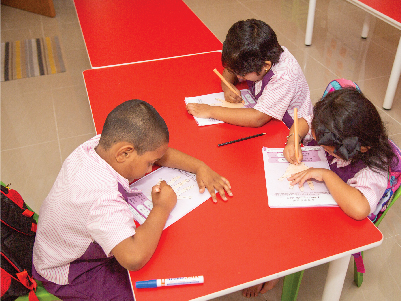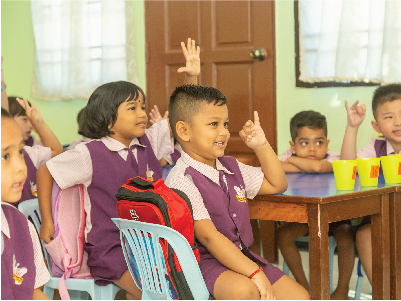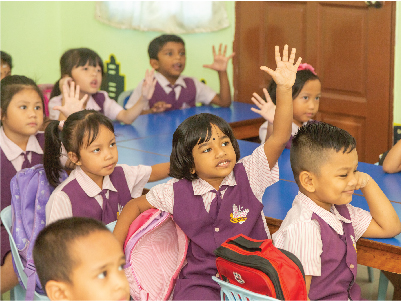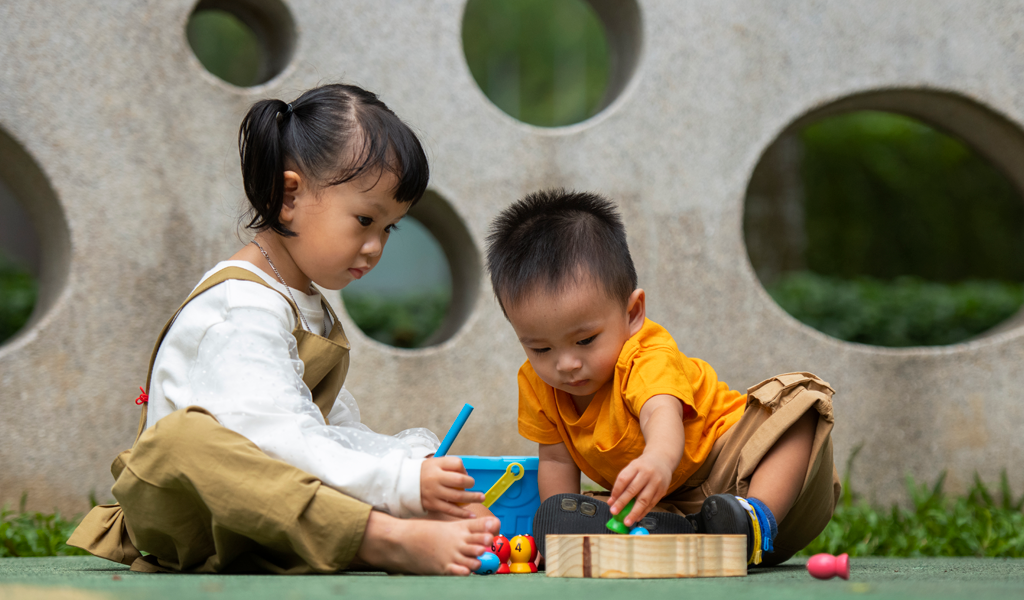The emotional and social development of kindergarten children is a critical aspect of their overall growth, influencing their ability to interact with others, understand their own feelings, and navigate the complexities of social relationships. This development sets the foundation for their future personal and academic success. Understanding its nuances can help parents, educators, and caregivers support children through this crucial stage.
Recognizing and Expressing Emotions
Kindergarten-age children are at a pivotal stage where they start to recognize and name their emotions. They begin to understand that certain situations can evoke specific feelings and start to learn the vocabulary to express these emotions. This period is crucial for emotional development as it lays the groundwork for emotional intelligence. Adults can support this by providing a safe space for children to express their feelings and by modeling healthy emotional expression themselves.
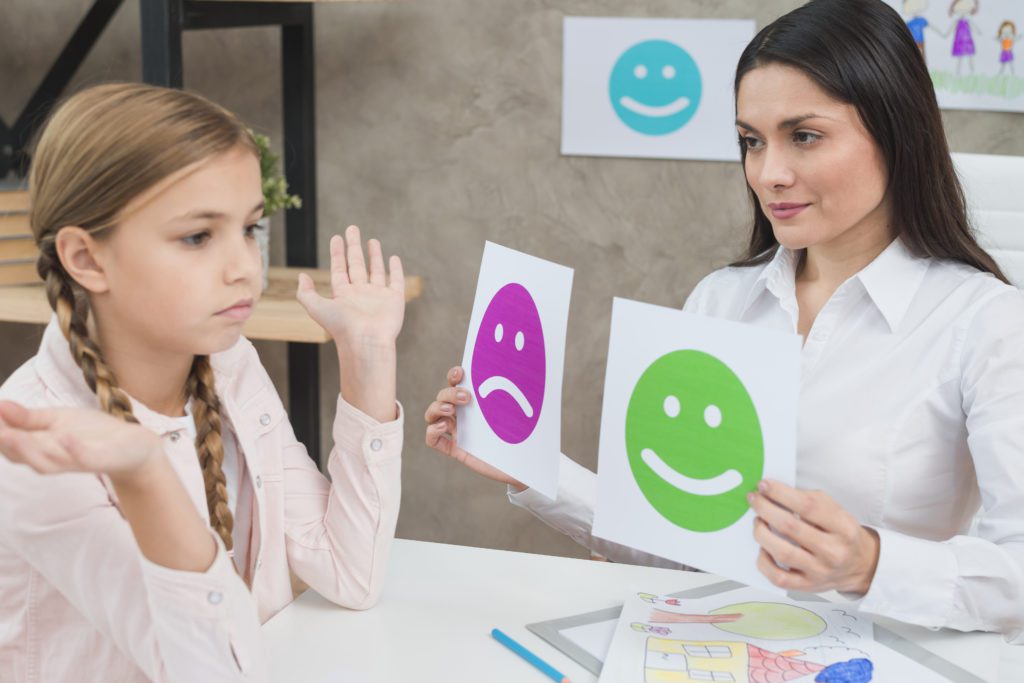
Developing Empathy
Empathy, the ability to understand and share the feelings of another, is an essential social skill that begins to develop in early childhood. Kindergarteners start to show genuine concern for others and can sometimes take steps to comfort peers or family members. To foster empathy, adults can encourage children to consider how others might feel in different situations and to respond with kindness and understanding.
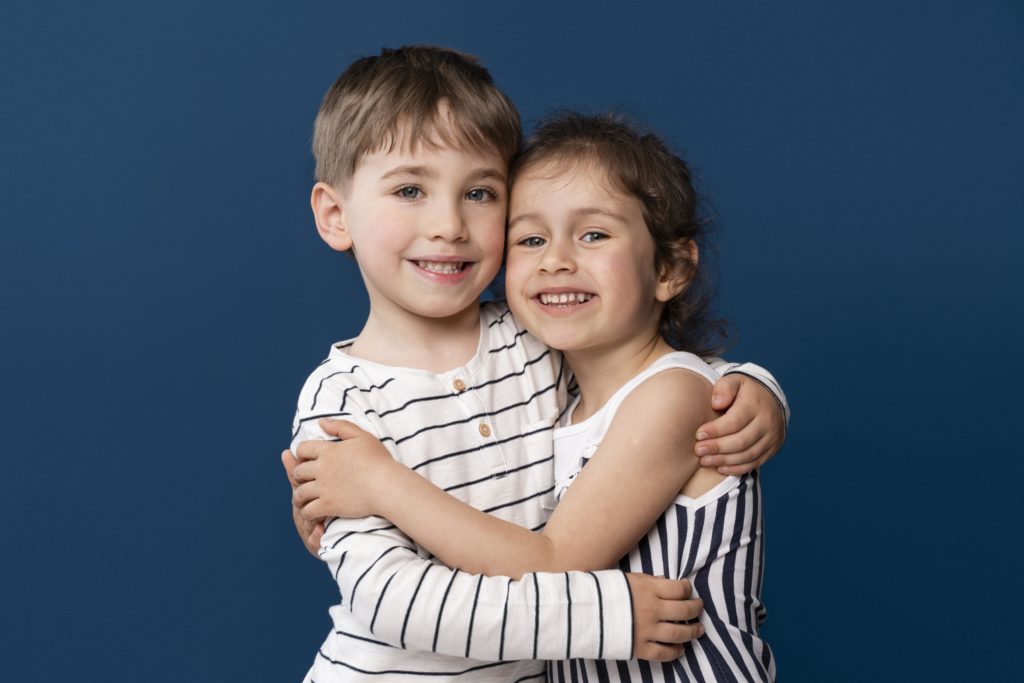
Building Friendships
Social development in kindergarten is heavily marked by the formation of friendships. Children learn to initiate interactions, share toys and materials, and cooperate with peers during playtime. These early friendships are significant as they teach children about trust, cooperation, and conflict resolution. Encouraging playdates, group activities, and cooperative learning projects can further enhance these skills.

Learning to Share and Take Turns
Sharing and taking turns are foundational aspects of social interaction that are emphasized in kindergarten. Through games and group activities, children learn the importance of fairness and patience. These activities not only promote social harmony but also help children understand the concept of collective enjoyment and success.
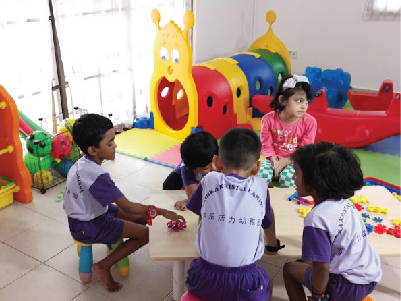
Navigating Conflict
Conflict resolution is a critical skill that kindergarteners begin to develop. They learn to use words to express their feelings and needs instead of resorting to physical actions or tantrums. Educators and parents can help by guiding children through the steps of conflict resolution: identifying the problem, expressing feelings, and finding a mutually acceptable solution.
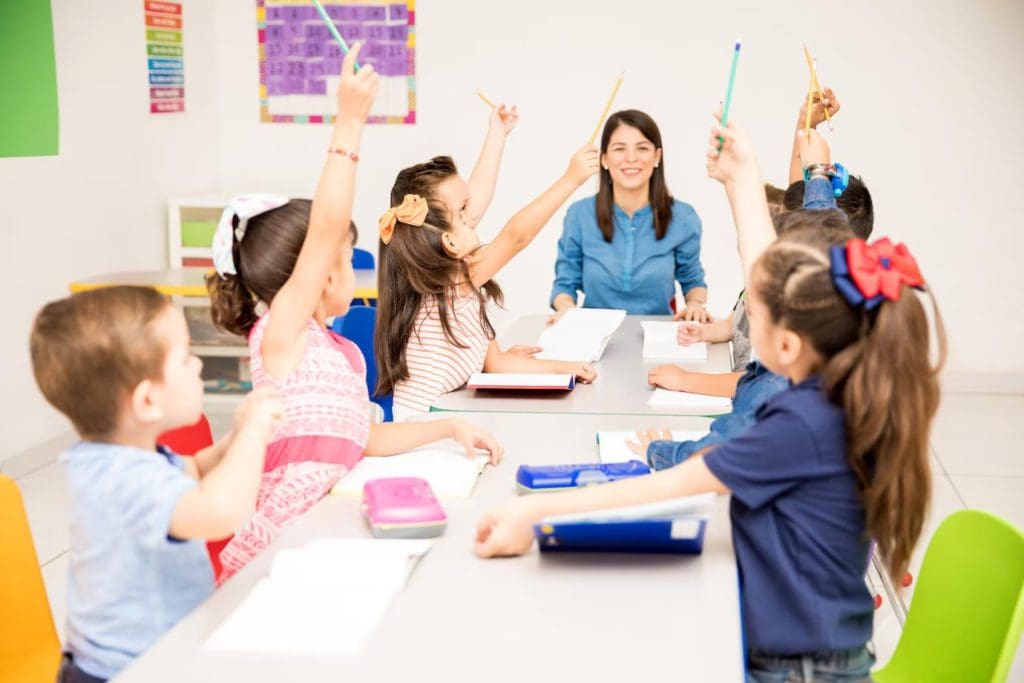
Role of Adults
Adults play a crucial role in guiding children through their social and emotional development. This involves providing consistent support, setting a good example, and creating an environment where children feel safe and valued. It also includes teaching children about respect, kindness, and understanding, which are essential values for their social interactions.
Conclusion
Social development in kindergarten is heavily marked by the formation of friendships. Children learn to initiate interactions, share toys and materials, and cooperate with peers during playtime. These early friendships are significant as they teach children about trust, cooperation, and conflict resolution. Encouraging playdates, group activities, and cooperative learning projects can further enhance these skills.
